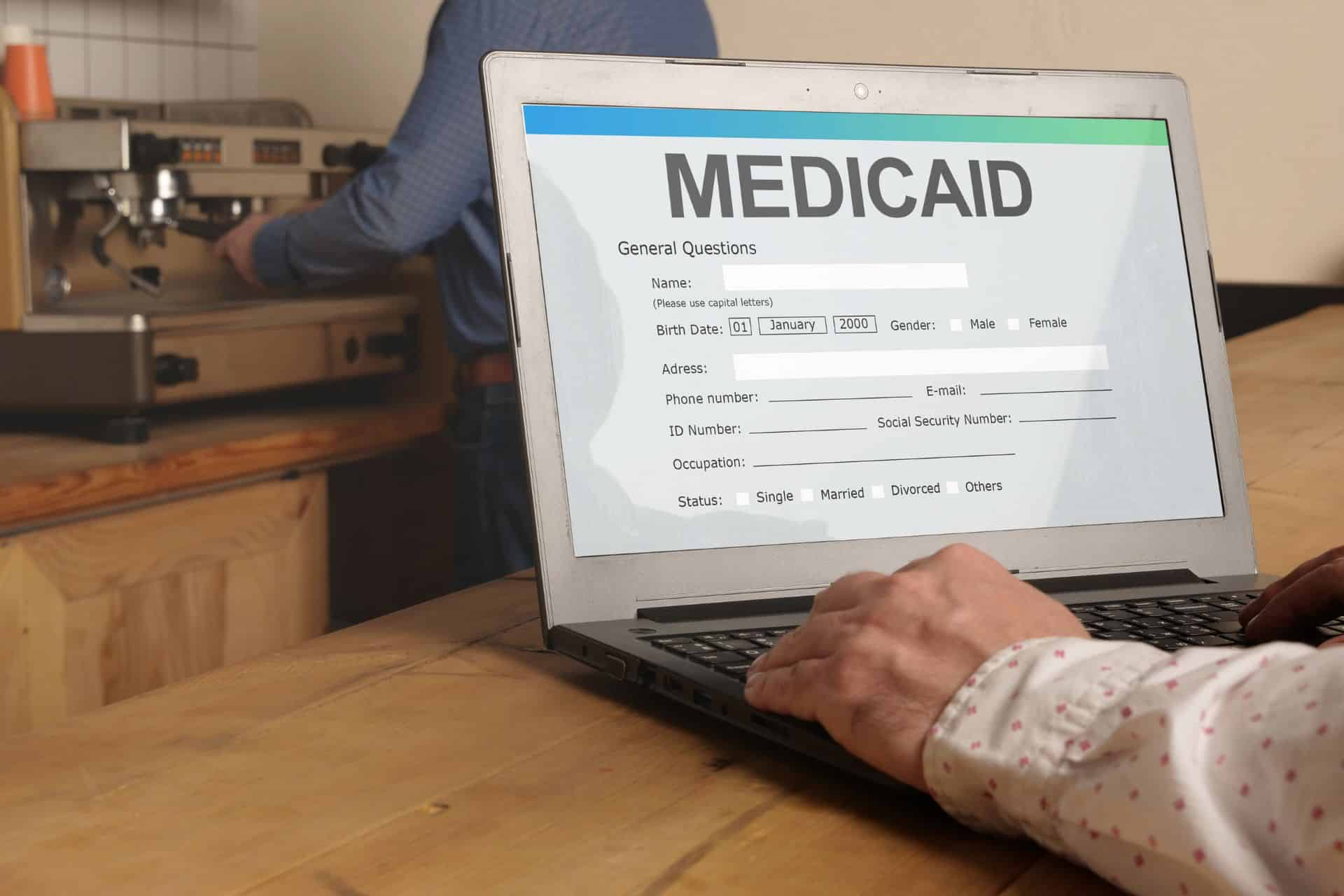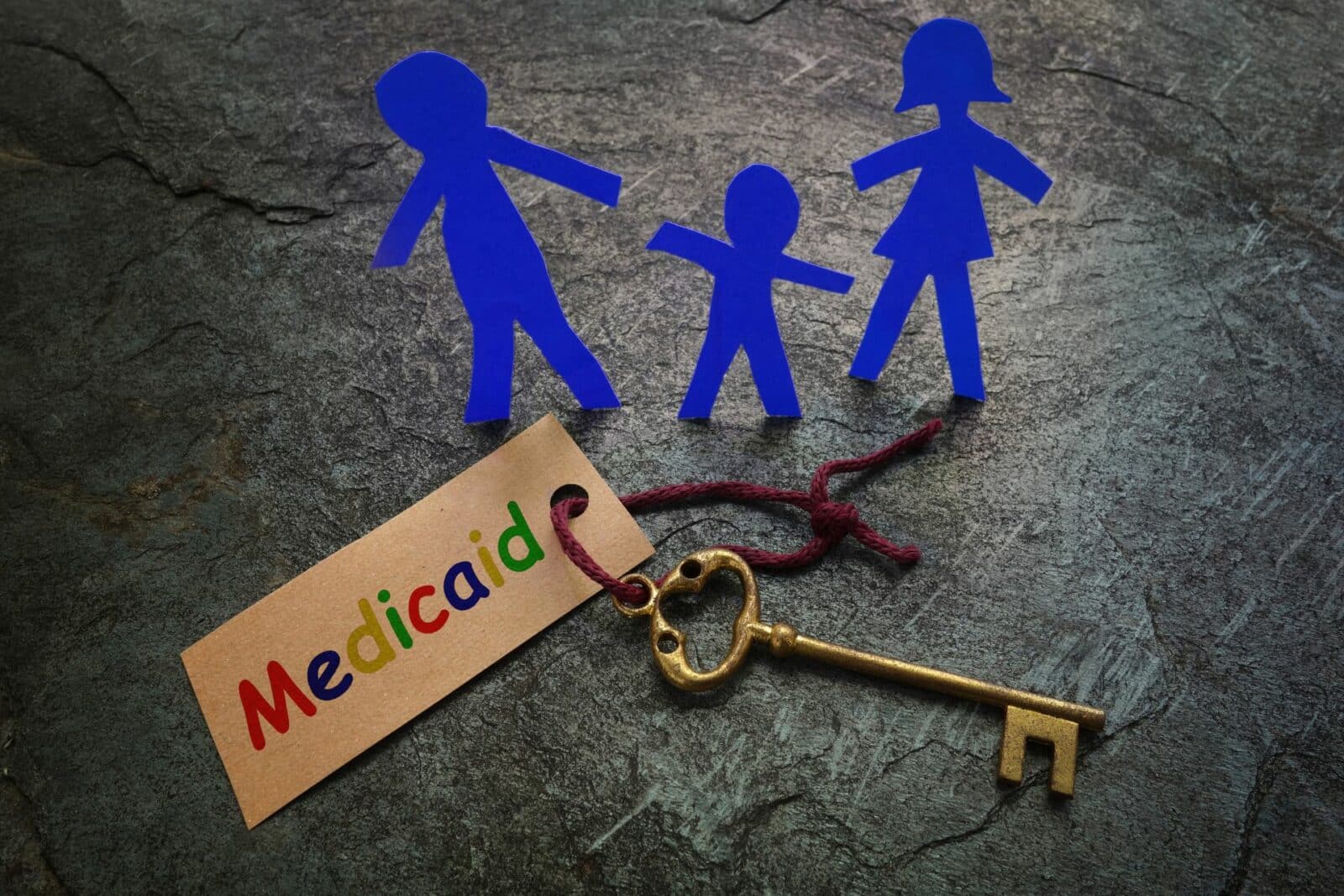For over a decade, the argument that housing is integral to healthcare has gained traction. In a groundbreaking move this fall, federal Medicaid funds will be channeled toward covering rental assistance, marking a significant policy shift. Historically, congressional regulations restricted Medicaid funds from being allocated to rent payments outside nursing homes or medical facilities. Now, with homelessness at record highs and soaring rents, some states are exploring the use of federal Medicaid dollars, hoping that stable housing will contribute to improved health outcomes.
The Biden administration facilitated this move through the Medicaid waiver program, allowing states to experiment with innovative Medicaid ideas. Since 2015, the Centers for Medicare and Medicaid Services has recognized housing as healthcare, permitting Medicaid funds for services facilitating people’s transition to new housing.
The “housing is healthcare” idea gained momentum during the pandemic, underscoring the link between housing access and health. In 2022, the Biden administration encouraged states to consider Medicaid for “health-related social needs” like housing. This initiative, part of a broader strategy to address social determinants of health, is viewed as an exciting development by experts.
However, critics express concerns about the strain on an already stretched Medicaid system. Only 3% of a state’s Medicaid spending can be allocated to “health-related social needs,” potentially amounting to billions of dollars annually. Some caution against “mission creep,” suggesting that diverting medical institutions’ focus to social services could be a distraction.

Pilot Program: Medicaid Authorizes Rental Assistance
The new pilot program allows Medicaid dollars to cover up to six months of rent, potentially leading to more substantial shifts in the future based on state results. Arizona and Oregon are the first states to receive approval, set to implement the program starting October and November, respectively. The pilot aims to target specific Medicaid subpopulations, with both states grappling with affordable housing shortages.
Oregon plans to focus on preventing homelessness among Medicaid beneficiaries, considering the funds as a preventive measure to avert economic, physical, and mental harms associated with losing one’s home. Arizona, on the other hand, will target individuals with serious mental illnesses, building on a successful state program subsidizing rent.
Challenges and Concerns
As states like New York, California, Hawaii, and Washington explore this Medicaid opportunity, concerns about collaboration between government agencies, private companies, and nonprofits arise. Critics worry about potential eligibility issues and the impact on established lines for subsidized housing.
The success of the pilot program could lead to more extensive shifts in state and federal healthcare policies, offering a more comprehensive vision of healthcare. The fine print, cost-effectiveness, and potential long-term impacts remain to be seen, emphasizing the need for careful evaluation and collaboration between health and housing providers.
Conclusion: A Transformative Step for Medicaid
As Arizona and Oregon take the lead, using Medicaid dollars for rental assistance, the healthcare landscape may witness a transformative shift. This innovative approach to address housing as a healthcare need signals a potential game-changer in the ongoing battle against homelessness. The success of these pilot programs could pave the way for more states to adopt similar strategies, shaping the future of healthcare in America.
Related posts:
 Affordable Rental Provider Repays $710K to Arlington County
Affordable Rental Provider Repays $710K to Arlington County
 Reduce Your Environmental Footprint: Simple Water Conservation Tips for Your Home
Reduce Your Environmental Footprint: Simple Water Conservation Tips for Your Home
 10 Precautions to Stay Safe During a Home Renovation
10 Precautions to Stay Safe During a Home Renovation
 Surge in US Housing: A Close Look at the November 2023 Boom
Surge in US Housing: A Close Look at the November 2023 Boom
 Seattle Fort Lawton Housing Plan Revision: A New Vision for Affordable Living
Seattle Fort Lawton Housing Plan Revision: A New Vision for Affordable Living




